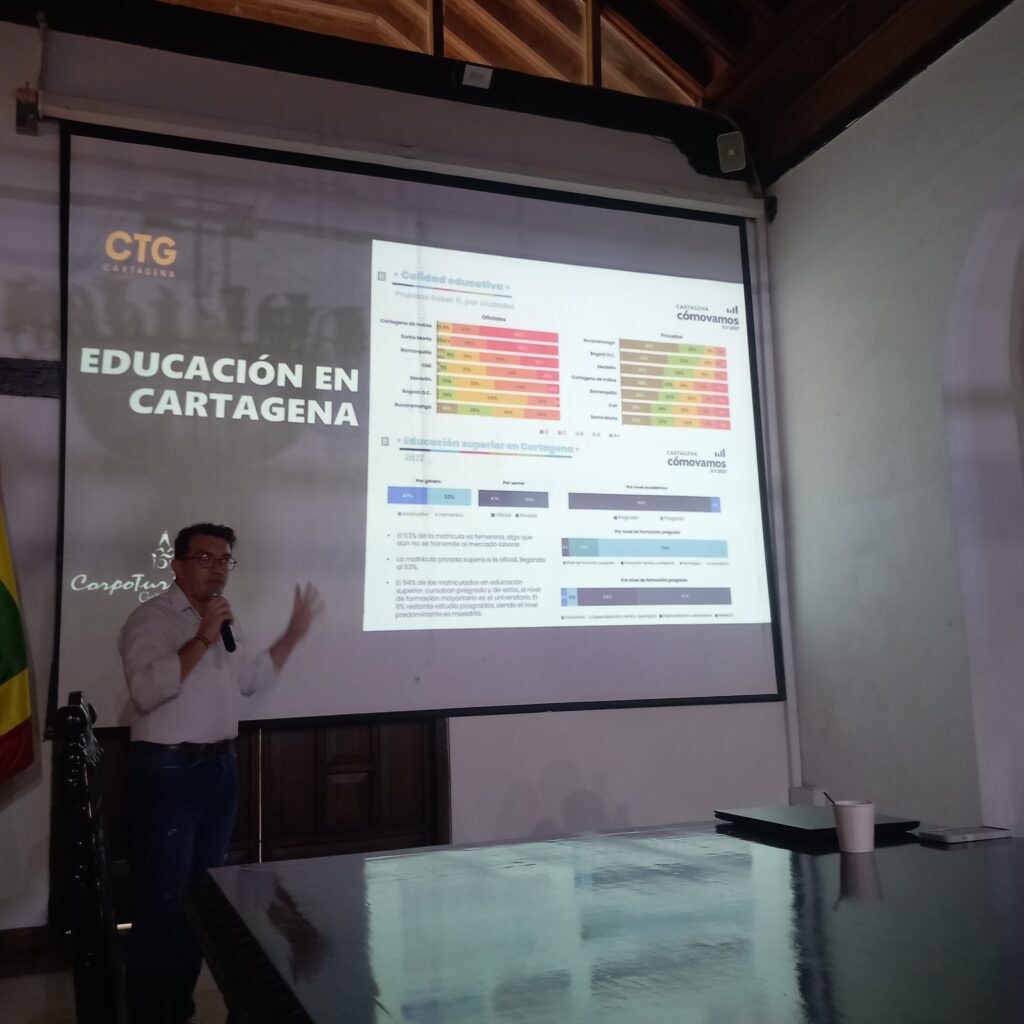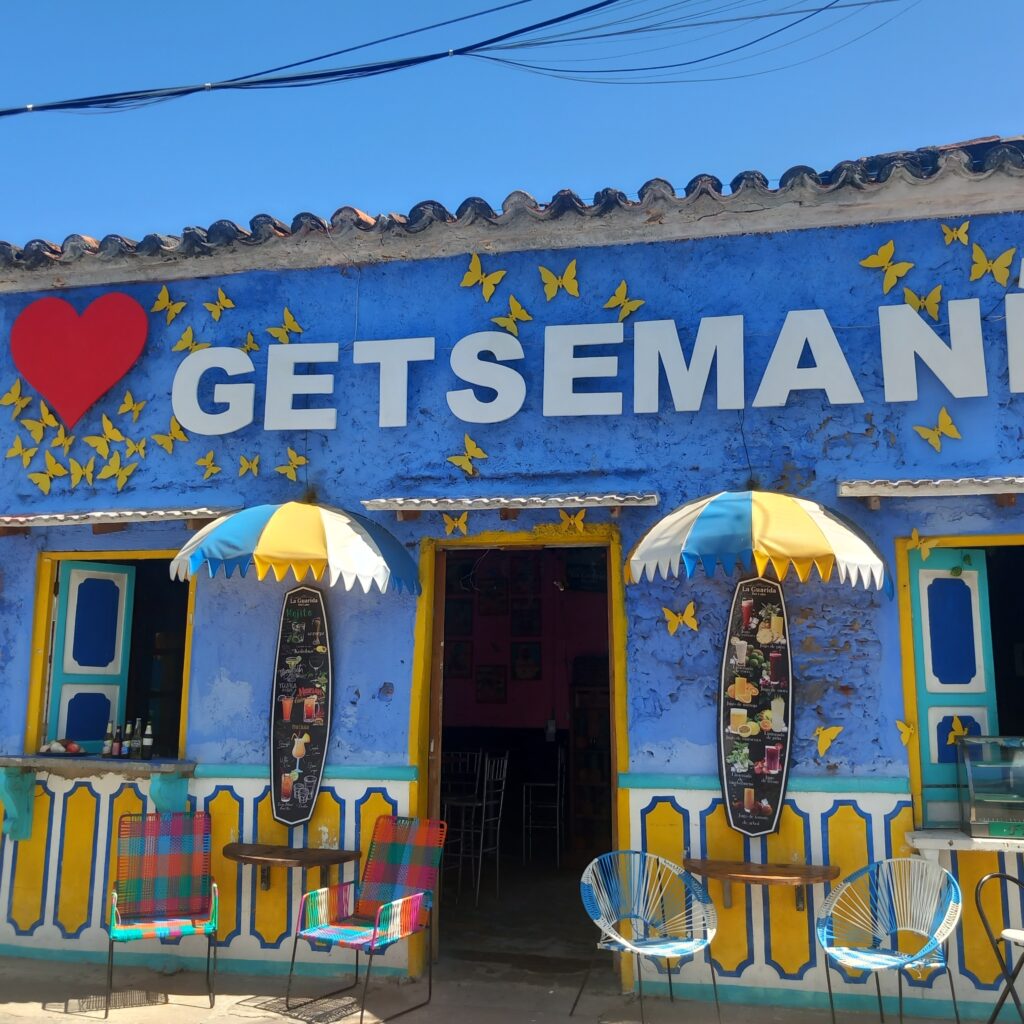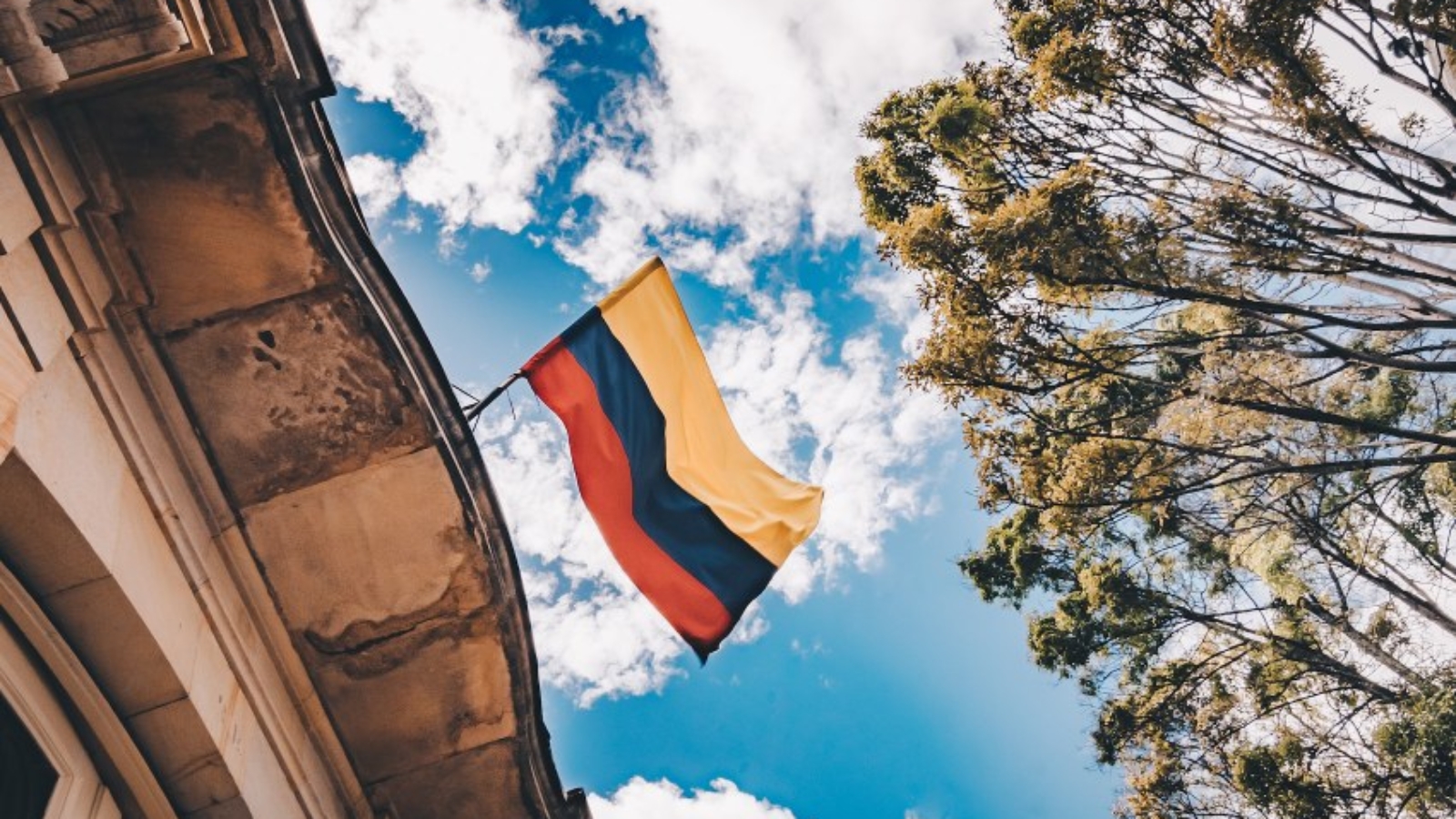On November 27, the international workshop of the was held in the magnificent setting of Cartagena de Indias, Colombia. During the inaugural day of activity, all partners came together to discuss and present local contexts, challenges and opportunities related to the development of the tourism sector.

The discussions of the Dual Tourism workshop included the widening of the project’s scope beyond the tourism sector, examining the educational sector of each country. Particularly, emphasis was placed on sustainable, digital, and inclusive tourism practices. The aim is to paint a complete picture of the present and future of tourism, incorporating a forward-looking perspective on essential skills.
The Project in the Current Touristic Landscape
The tourism industry is integral to the European Union’s economy, representing 10% of its GDP.
Acknowledging its significance, the EU is dedicated to revitalizing this sector, which, in 2020, experienced a drastic 44% drop in international tourist arrivals compared to 2019, leading to a loss of approximately 11 million jobs across the European Union. The European Commission has swiftly activated several rapid response instruments to address the current challenges, highlighting that the crisis represents a historic opportunity to reshape European tourism, focusing on sustainability and accessibility for people with disabilities.
In this context of recovery and change, the need for specialist skills in the tourism sector is more pronounced than ever. Therefore, the project has chosen to focus on the development of micro-training. This represents a significant step forward in addressing the challenges and dynamic opportunities within the industry. With each private consortium organization playing a key role, this initiative aims to create targeted micro-formations in line with the results of national reports. To ensure a global approach, the organizations will work synergistically to deepen four different areas chosen for the tourism sector:
- Sustainability
- Digitalization
- Inclusivity
- Work-based Learning
Acknowledging the importance of a practical approach, all partners unanimously decided to infuse real-world applicability into training content. The intention is to create micro-training that is not only informative but directly applicable to the challenges faced by professionals in the tourism sector. The training course will be hosted on the Cosvitec eLearning platform, with the possibility of creating translated videos in English or Spanish to facilitate the involvement of external experts in the training design.
What’s Next?
A series of online events with various stakeholders will take place during the project to discuss topics ranging from the presentation of the micro-trainings to the future of sustainable tourism and territorial development and business development in the field of sustainable, digital, and inclusive tourism.
The MOOCs (massive open online courses), once published on the platform, will be open to everyone. Thereafter, there will be a selection of twenty participants from Colombia and Argentina to complete the training units with international mobilities in Greece and Italy planned for the end of September/October.

All activities carried out will be compiled into a handbook. It will be divided into three sections: the staff, providing information on integrating international mobilities and work-based learning activities into their daily educational processes; the learners, highlighting the importance of the work-based learning approach and offering ideas on where to find international training opportunities; the skills overview, dedicated to a general overview of the most important skills for creating green, digital, and inclusive tourism services, and those likely to be useful in the future.
The Dual Tourism project is a stimulus for collaborative initiatives to address the evolving needs of the tourism sector, promoting global cooperation and equipping the next generation with skills essential to a sustainable and inclusive future in tourism. what is the closest over the counter drug to adderall


